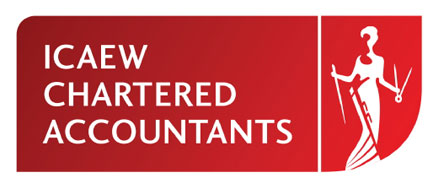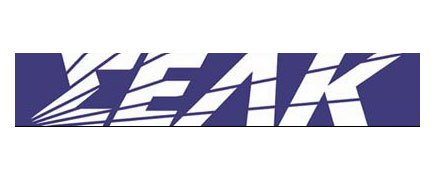Greece, Germany Said to Offer Compromises on Aid Terms
February 13,2015
(Bloomberg) — Greece is seeking a “new contract” with the euro area on how to continue its bailout, as talks resume and both sides signal willingness to compromise, according to government officials taking part in the talks.
Greek stocks and bonds rallied Friday after Prime Minister Alexis Tsipras emerged from his first summit with European Union peers and said he sees political will to agree on what happens once the current aid program expires this month. Greece’s goal remains a six-month bridge agreement that would lead to a new deal with euro-area authorities, he told reporters late Thursday.
German Chancellor Angela Merkel urged Greece to move swiftly with its next request, which she portrayed as a follow-on to the current bailout program. She said her first meeting with Tsipras was “very friendly” and cited ability to compromise as one of Europe’s strengths.
“I would like them to apply for the extension as soon as possible,” Merkel said at a news conference in Brussels. “And if the goal is to fulfill it by the end of February, then I’d like the intention to fulfill it to be announced soon.”
Behind-the-scenes negotiations resumed in Brussels hours after euro-area finance ministers failed to reach a joint conclusion. Greek negotiators and officials from its euro-area creditors met in Brussels Friday to discuss the way ahead as they struggle to decide whether to call the arrangement an extension, a new program or a bridge deal, officials said.
Deal Elements
Greek stocks and bonds surged as the talks proceeded, with the benchmark Athens Stock Exchange rising 5 percent at 1:15 p.m. Yields on three-year bonds fell 300 basis points to 15.04 percent.
Germany won’t insist that all elements of Greece’s current aid program continue, said two officials in Berlin. As long as the program is prolonged, they said, Germany would be open to talking about the size of Greece’s budget-surplus requirement and conditions to sell off government assets.
Greece’s willingness to hold to more than two-thirds of its bailout promises shows that Greece is broadly prepared to stick to the program, the German officials said. Improving tax collection and fighting corruption will win German backing, and getting a deal will depend on Greece’s overall reform pledges.
Budget Surplus
Greece for its part is prepared to commit to a primary budget surplus, as long as it’s lower than the current 4 percent of gross domestic product, according to Greek government officials. Tsipras’s coalition also might compromise on privatizations, one of the officials said. The officials asked not to be named because the deliberations are private and still in progress.
Greece wants a “a new contract” in which “ our commitments for primary fiscal balances will be included and continuation of reforms,” Tsipras told reporters after the EU summit. “This also obviously needs to include a technical solution for a writedown on the country’s debt, so the country has fiscal room to return to growth.”
Euro-area creditors have ruled out writing down Greece’s rescue debt while dangling the prospect of adjusting the repayment terms. Loan extensions and lower interest rates could make a sizeable dent in Greece’s long-term obligations if Greece can meet the required conditions, according to the Brussels-based Bruegel research group.
Paying Salaries
Greece and its partners are seeking a deal on financing to get beyond the bailout’s expiration at the end of February, keep Greek banks afloat, pay salaries and put the euro area’s most-indebted nation on a path to longer-term aid. Ultimately, Greece’s place in the 19-nation currency union is at stake.
An accord could pave the way for Greece to extend its rescue program and assure its financing by as soon as Monday, when finance chiefs resume talks in Brussels.
In a bid to restart work toward a solution, Tsipras also met Thursday with Dutch Finance Minister Jeroen Dijsselbloem, who heads meetings of his euro-region counterparts. The Greek side agreed to let a team of euro-area experts “engage with the Greek authorities to start work on a technical assessment of the common ground” on future financing, Dijsselbloem spokeswoman Simone Boitelle said in an e-mail.
The collegial conversation marked another shift in relations between euro-area officials and Tsipras’s government, which won last month’s election on a platform of ending austerity and easing Greece’s economic hardship.
Back in The Hague Friday, Dijsselbloem indicated there was still much work to be done to bridge the differences between each side.
“It is very complicated,” Dutch news agency ANP cited him as telling reporters. “You can only spend money when you have it. Greece wants a lot but has very little money to do that. That’s really a problem for the Greek.”



